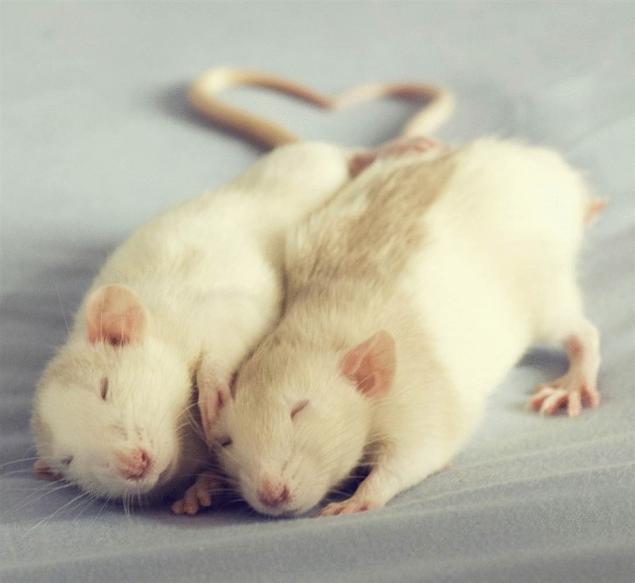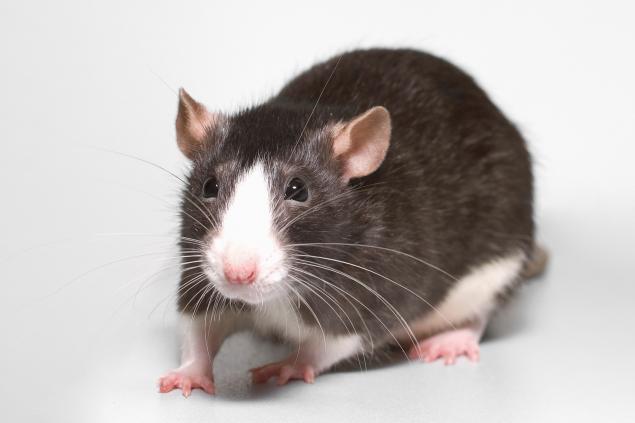499
Disable the FAT10 gene has allowed to increase life expectancy of animals
In Medical school at Yale University conducted a genetic study on rats, which were a separate gene, the removal of which eliminates rodents from excessive amounts of adipose tissue in the elderly, and 20 percent increases the duration of their lives.

We are talking about the FAT10 gene governing the covalent bond in a protein mass, which has hitherto not been emphasized, and research which is actually carried out. Dividing mice into two groups, the genetics of one of them turned off this gene, and the second left him to function normally. All experimental rodents were fed the same diet, and were identical lifestyle.
After a while it became clear that in the group where FAT10 was not working, body fat in rats, in comparison with the representatives of the second group were 50 percent less, despite the fact that they are not used by any one of the effective diets. In addition, disabled FAT10 gene was observed in animals elevated levels of glucose and insulin in the blood, which is a natural protective barrier against the occurrence of type II diabetes.
It is also important that in the course of the study, the researchers did not record any side effect of disabling FAT10 gene. The biggest concern is potential increased risk of cancer, but no cases of this disease, as the preconditions for its emergence were found.

At Yale University has already said that the material opens great prospects to increase the life expectancy of the people. Now the doctors intend to carry out experiments with related genes of mice, and it is possible that the increase in life expectancy of rodents by 20 percent is not a limit.
Of course, to talk about the elixir of immortality, it is not necessary, as no experiments with gene FAT10 in humans is still pending, and is currently even planned. But at the same time, some progress in finding answers to the question of increasing the duration of life, distinctly seen, and further work may provide more clear results.
Source: zeleneet.com

We are talking about the FAT10 gene governing the covalent bond in a protein mass, which has hitherto not been emphasized, and research which is actually carried out. Dividing mice into two groups, the genetics of one of them turned off this gene, and the second left him to function normally. All experimental rodents were fed the same diet, and were identical lifestyle.
After a while it became clear that in the group where FAT10 was not working, body fat in rats, in comparison with the representatives of the second group were 50 percent less, despite the fact that they are not used by any one of the effective diets. In addition, disabled FAT10 gene was observed in animals elevated levels of glucose and insulin in the blood, which is a natural protective barrier against the occurrence of type II diabetes.
It is also important that in the course of the study, the researchers did not record any side effect of disabling FAT10 gene. The biggest concern is potential increased risk of cancer, but no cases of this disease, as the preconditions for its emergence were found.

At Yale University has already said that the material opens great prospects to increase the life expectancy of the people. Now the doctors intend to carry out experiments with related genes of mice, and it is possible that the increase in life expectancy of rodents by 20 percent is not a limit.
Of course, to talk about the elixir of immortality, it is not necessary, as no experiments with gene FAT10 in humans is still pending, and is currently even planned. But at the same time, some progress in finding answers to the question of increasing the duration of life, distinctly seen, and further work may provide more clear results.
Source: zeleneet.com






















